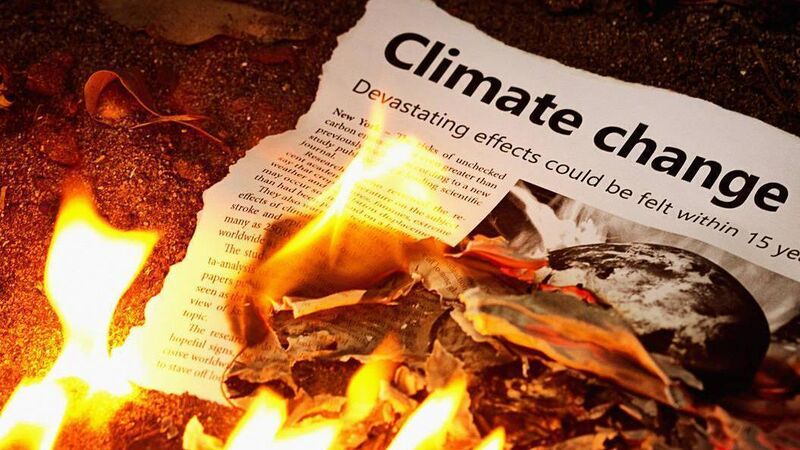World's rich must pay more to tackle climate crisis, expert says

The richest 1% of people in the world are responsible for more greenhouse gas emissions than the 66% at the other end of the scale, yet they experience little of the vulnerability to climate shocks that are causing suffering and death, mainly among poorer people.
Rich individuals in all countries must pay more to tackle the climate crisis, whether through taxes or charges on consumption, one of the architects of the Paris Agreement has said.
There is a growing consensus on the need for some kind of global wealth tax, with Brazil, which will host the Cop climate summit next year, an enthusiastic supporter.
CLIMATE & SUSTAINABILITY HUB













